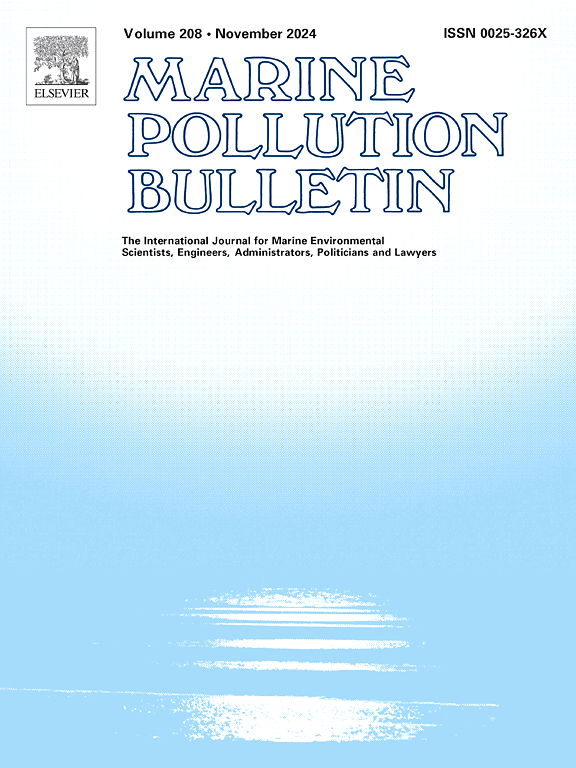Recent advances in the detection of microplastics in the aqueous environment by electrochemical sensors: A review
IF 5.3
3区 环境科学与生态学
Q1 ENVIRONMENTAL SCIENCES
引用次数: 0
Abstract
Microplastics (MPs), as an emerging contaminant, have become a serious threat to marine ecosystems due to their small size, widespread distribution and easy ingestion by organisms. Therefore, it is necessary to develop various analytical techniques to detect MPs in real water environment. Among these detection techniques, the advantages of electrochemical sensors, such as easy operation, high sensitivity and low cost, provide the possibility of online real-time detection of MPs in real water environment. The aim of this article is to analyze and compare the advantages and disadvantages of different MPs detection techniques. Compilation of various electrochemical sensors, we compiled various electrochemical sensors, evaluated the recent advances in carbon materials, metals and their oxides, biomass materials, composite materials, and microfluidic chips in electrochemical sensors for detecting MPs, and in-depth investigated their detection mechanisms and sensing performances, proposed hotspot nanomaterials for electrochemical sensors that could be used to detecting MPs and gave an outlook on the last years of electrochemical sensors in the area of microplastic detection. Finally, the challenges of electrochemical sensors for the detection of MPs are discussed and perspectives for this area are presented.

求助全文
约1分钟内获得全文
求助全文
来源期刊

Marine pollution bulletin
环境科学-海洋与淡水生物学
CiteScore
10.20
自引率
15.50%
发文量
1077
审稿时长
68 days
期刊介绍:
Marine Pollution Bulletin is concerned with the rational use of maritime and marine resources in estuaries, the seas and oceans, as well as with documenting marine pollution and introducing new forms of measurement and analysis. A wide range of topics are discussed as news, comment, reviews and research reports, not only on effluent disposal and pollution control, but also on the management, economic aspects and protection of the marine environment in general.
 求助内容:
求助内容: 应助结果提醒方式:
应助结果提醒方式:


